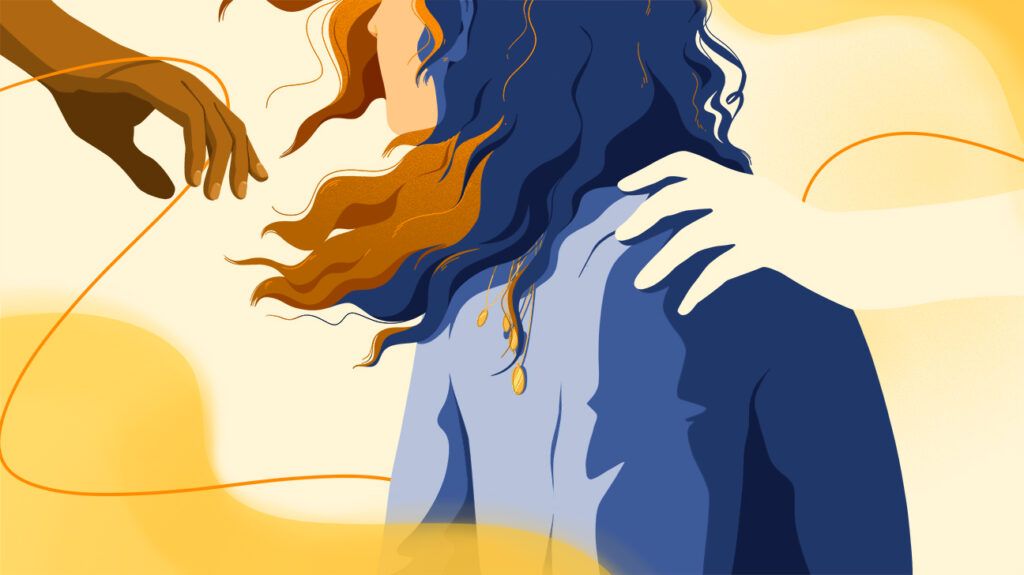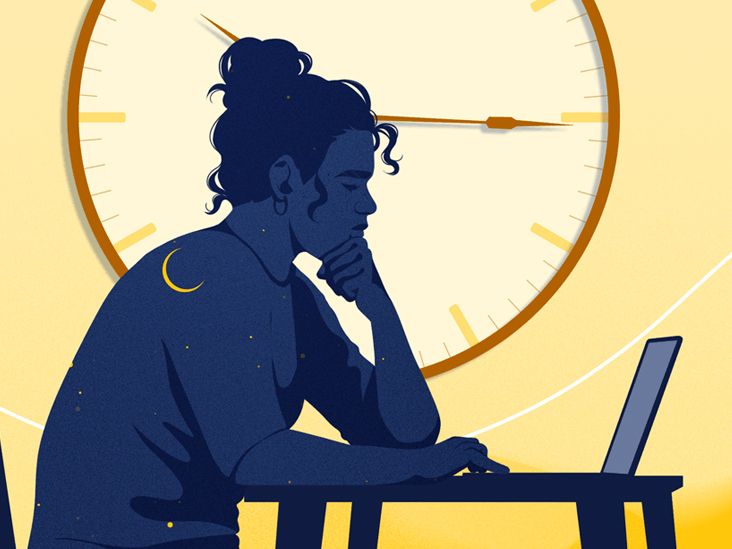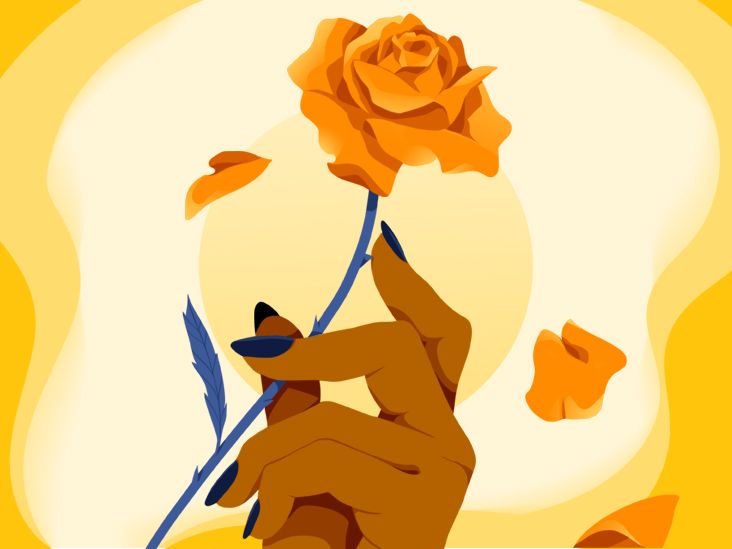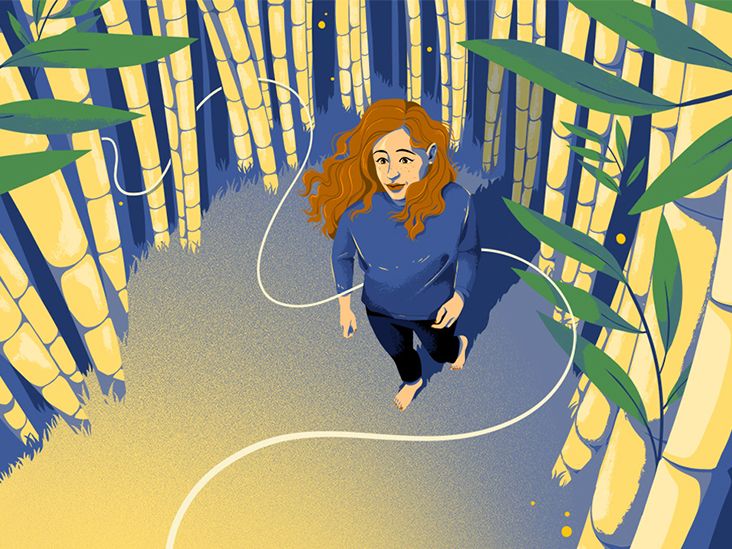
Our relationships take up a massive chunk of our lives. We spend a great deal of our time and energy interacting with, or thinking about, other people — whether they’re close relationships with loved ones, working relationships, or interactions with strangers.
It’s no surprise that mental health challenges often affect these relationships. Obsessive-compulsive disorder (OCD) is no exception.
As someone with OCD, I’ve experienced this impact first-hand. Over the years, my relationships have been affected by my OCD symptoms, which have ranged from forcing myself to think positively to wringing my hands.
Relationship OCD is an unofficial OCD theme. When you live with this type of OCD, your close relationships — usually with your romantic partner, parent, or child — become the focus of your symptoms.
Let’s back up for a second: What is an OCD theme? OCD tends to focus on certain areas of your life. You don’t become obsessive and compulsive about everything, but about a few different things. For example, your focus could be on cleanliness, religion, or car accidents. These are all examples of OCD themes.
You might experience one theme or multiple themes, and the theme can change over time — for example, you might initially have obsessions and compulsions about contamination with germs, and later in life, you might develop obsessions and compulsions around harm and danger.
Relationship OCD — also called ROCD — involves intrusive thoughts and unwanted images about your loved one and your relationship, as well as compulsions you engage in to try to minimize or cancel those obsessions.
Most of us worry about our loved ones and relationships from time to time. With ROCD, your thoughts will be deeply distressing and time-consuming.
If your ROCD focuses on your romantic partnership, for example, you might experience obsessive thoughts like:
- Is my partner the one for me?
- Is my partner really in love with me, or are they just pretending?
- What are my partner’s flaws? Is it possible to get past them?
- Am I really in love?
People with ROCD also have compulsions. Sometimes, these compulsions aren’t logically related to the thoughts: We might pace, hum a tune, or do a gesture compulsively. Sometimes, OCD compulsions are more obvious.
With ROCD vary but may include:
- “testing” your love for your partner by looking at pictures of other attractive people
- asking for reassurance from your partner or others
- excessively researching the topic of relationships
ROCD is not an official diagnosis in the Diagnostic and Statistical Manual of Mental Disorders (DSM-5) — themes are not considered separate disorders from one another. All themes are different manifestations of OCD.
For one, I find it hard to disclose that I have OCD. Most people have heard of OCD, and most people think they understand what OCD looks like, but few do.
When I tell people I have OCD, some people doubt my diagnosis. Others assume I’d act differently from how I do act: they expect me to be overly fastidious and germophobic, which I am not.
But even when I’m with people who love me and understand OCD, I find it difficult to talk about my experiences and feelings. It might seem odd, given that I’m currently writing a column about living with OCD.
Both my obsessions and my compulsions embarrass me, which means I struggle to be vulnerable in some ways.
It’s very difficult to tell your partner that you’re distant because you keep imagining gory car accidents. Speaking about it is hard enough. Admitting you’re having a hard time controlling your thoughts can be harder.
In terms of OCD themes, one theme I’ve lived with is harm OCD. Specifically, I have many intrusive thoughts about hurting myself.
This harm OCD looks and feels to me a lot like suicidal ideation, except I don’t actually want to die. Instead, I’m deeply distressed by the thought of hurting myself.
My obsessions have had a negative impact on my relationships. For one, when I’m experiencing suicide-related obsessions, I never quite know how to reach out for help. I don’t know how to say, “I keep imagining myself dying by suicide, and I don’t actually plan to die by suicide, but I still desperately need help.”
I don’t want my loved ones to panic, so I rather keep my distance and deal with it alone.
As a result, I feel socially isolated and my loved ones feel neglected.
And I’m not alone here: a
Harm OCD can also involve distressing, unwanted thoughts about hurting other people, including your loved ones.
Many people who experience these obsessions distance themselves from their loved ones because they’re afraid of hurting them, a tactic called avoidance.
Although we often talk about how our mental illnesses can negatively impact our relationships, I’ve found that having OCD has brought me a lot of insight that I might not otherwise have. This insight has benefitted me in many ways, most obviously in my relationships.
As someone with OCD, my healing journey has been long and complicated. Part of healing has been accepting that my OCD is a part of me. Although I need to manage the symptoms, I’ve also gained a great deal of compassion as a result of the condition.
OCD has helped my relationships in the following ways:
- My OCD symptoms pushed me to seek help in the form of therapy. Thanks to therapy, I’m a more stable, loving, and communicative friend.
- My OCD has helped me be more compassionate toward other people, even when their experiences are very different from mine.
- Having OCD has helped me gain awareness of the cognitive distortions I engage in. Challenging these distortions has helped me become more aware — and accepting — of the cognitive distortions others engage in.
Having OCD is not a net good. I’d rather have not had it at all. But part of accepting my OCD and working through it has included noticing the person I’ve become as a result of working on my symptoms.
I’ve come to accept my full self, mental illnesses included. This acceptance gave me the courage to only allow people into my life who accept me with my mental illnesses.
Perhaps that has been the biggest impact OCD has had on my relationships: I am conscious about prioritizing people who love me for who I am.



